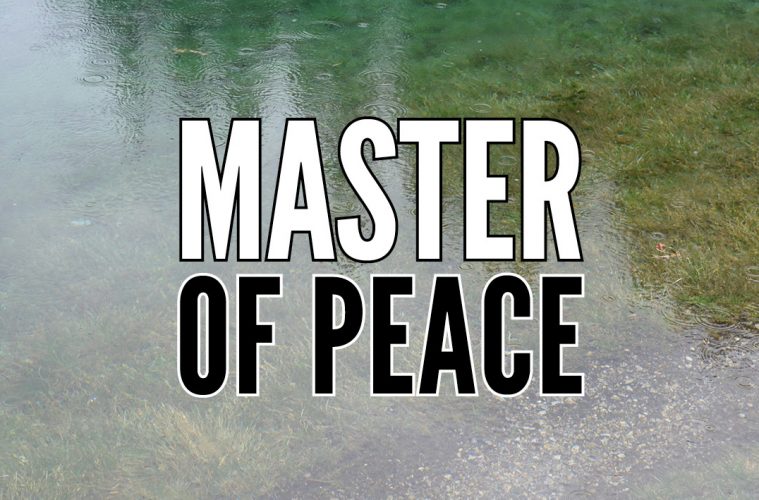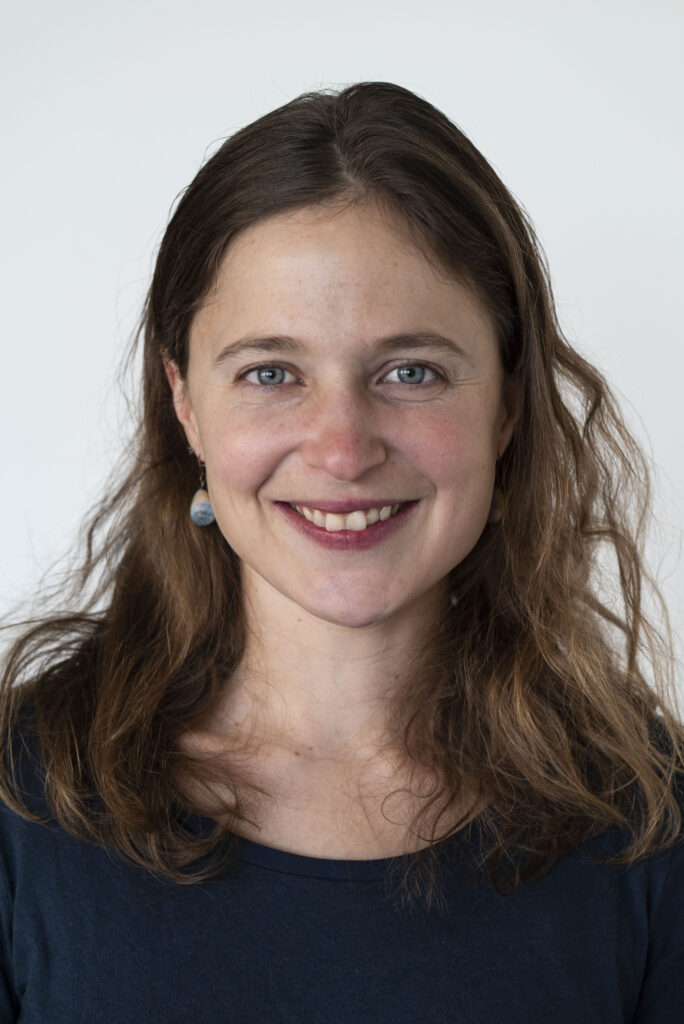Sexuality as loving action and transpersonal awareness
In my thesis I define transrational sexuality and explore its potential for peace and conflict transformation. For this reason the content is structured into three parts: The first part explains the five peace families and distinguishes between inner and outer peaces and violences. Thereby it lays the theoretical foundation for the further chapters. The second part explains the challenges of both western and eastern Tantras while critically pointing out the developmental potential of postmodern Neo-tantra. Defining themes of postmodern Neo-tantra are commercialism, goal-orientedness as well as spiritual materialism, whereas energetic and transrational Tantra encompass a more profound spiritual path that cuts through the traps of postmodernity. Finally, the third part defines energetic, postmodern and transrational sexuality. Transrational sexuality involves the transformation of ego-structures by dealing with sexual energy as orgasmicity as well as with its correlating blockages, fears and shame. Somatic and mental blockages are results of shadow-aspects or ego-structures. Thus, putting blockages into motion through sexual practice may result in a transformation from ego to the transpersonal self. Lastly, the resulting homeostatic flow of energy may be experienced and lived in everyday life. A transpersonal definition of sexuality is then no more something only bound to reproduction or social identity, but it can also be experienced as homeostatic peace and joy in everyday life resulting effortlessly in loving action. A transrational understanding of sexuality may help to foster peace through the unfolding of a peaceful being-in-the-world. Moreover, it can help individuals to understand their sexual energy in a new way and to live it without fears or shame.
Writing this thesis was also a journey of self-exploration. Thus I also found answers to how to deal with the after-effects of a spontaneous Kundalini-experience. The term Kundalini is Sanskrit meaning a transformative, mystic power that lies in every human being. On a more theoretical level, writing this thesis gave me a profound understanding about the transrational approach to peace and conflict transformation, about different definitions of inner and outer peaces and violences, and about how these topics intersect with our lived sexuality. Just like the feminist phrase “The private is political”.
LAURA K. CONDRAU graduated from the MA Program in Peace Studies in January 2021. Before that she studied sociology and worked as an asylum coordinator, guaranteeing and organizing the legal supplies for refugees in a municipality near Zurich. Now she works as a program coordinator for the exchange organisation ‘Youth for Understanding’, in which she helps to foster intercultural dialogue. In order to put the Innsbruckian approach to peace into practice, she is organizing online Peace Festivals and is re-writing her thesis into a more simplified version.


